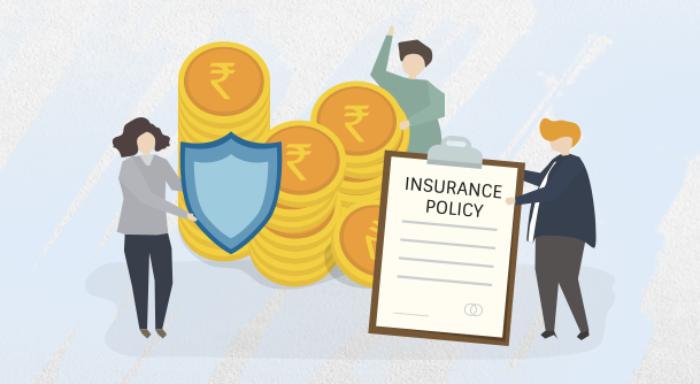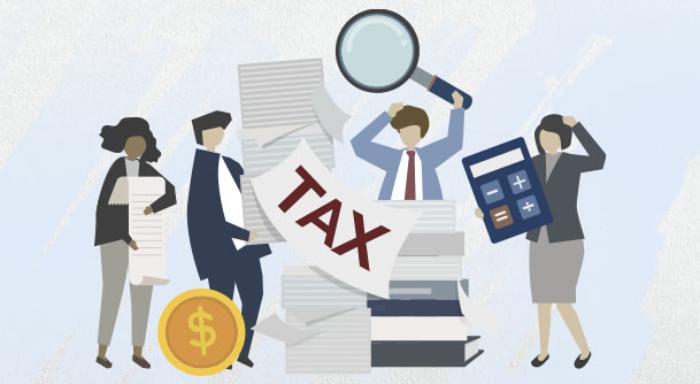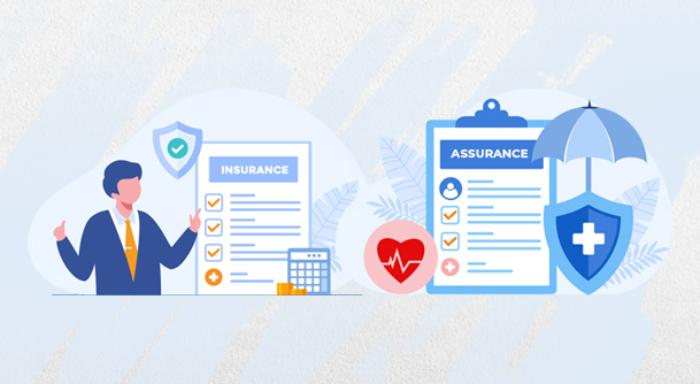Tax Planning tips for a Smooth and Happy Retirement
Blog Title
492 |
3/11/25 8:30 AM |
We all dream of retirement, but making that dream a reality isn’t an easy process. Retirement requires meticulous financial planning. A good retirement plan covers all your bases, ensuring that you can enjoy your golden years without worrying about money problems. You need to build a large savings corpus, plan for passive income sources, and insure yourself against potential health issues that may arise in the future. However, one aspect of retirement planning that people forget about is tax planning.
Taxes are still applied to your passive income sources even after you have retired. This tax burden can cut into your savings and may cause unexpected financial troubles during your retirement years. Hence, you need to consider you tax liabilities at each stage of your retirement planning process. Let’s go through some tax planning tips that can help you reduce overall tax burden so that you can have a happy and stress-free retirement.
First- Understand How Taxes Work Post-Retirement!
Before listing down some tax saving tips to implement in your retirement plan, you need to first understand how taxes are applied after you retire. Income tax still applies to your retirement pension. Your annuity/pension plan will be counted as ‘income from other sources’, meaning that whatever passive income you receive will be taxed according to the standard tax slabs.
The tax slabs vary depending on your total annual income. The rate of taxation will also change based on whether you are using the New Tax Regime or the Old Tax Regime. If you aren’t a senior citizen, then standard tax rates will apply on your retirement income. Senior citizens (60+) enjoy greater tax benefits when compared to other citizens, which can reduce their tax burden.
You can further reduce your tax burden by using various tax deductions provided under the Income Tax Act. However, do note that most tax deductions are only available under the Old Tax Regime. The New Tax Regime only has a basic tax rebate, but the advantage of the New Regime is that it has lower tax rates.
Tax Planning Tips for Retirement
Now that you understand the tax laws regarding income earned during retirement, let’s go through some tips that will assist you with tax management.
Invest is Tax Friendly Assets
Tax friendly investments include ELSS (Equity Linked Saving Schemes), ULIPs (Unit-Linked Insurance Plans), guaranteed income plans, NPS (National Pension Scheme) etc. All these investments are subject to various tax deductions/exemptions under the Income Tax Act, 1961. By investing in these instruments, you can save even more money by reducing your overall taxable income.
For example, ULIPs are subject to tax benefits under both Section 10(10D) and 80C. Section 80C offers tax deductions of ₹1.5 lakhs per year, while Section 10(10D) gives complete tax exemptions to your ULIP returns if your plan’s annual premium is less than ₹2.5 lakhs.
Keep in mind that most of these tax benefits only apply if you follow the Old Tax Regime. So, make sure to switch to the Old Regime if you are currently under the New Tax Regime, otherwise you will not be able to avail of these benefits.
Choose a Good Annuity Plan
The biggest hurdle to the happy retirement is the lack of regular income. Annuity plans are financial products that provide regular guaranteed income during your retirement years. You pay premiums towards your annuity plan during your working years, and this amount grows in value and is paid back once you retire.
If you are nearing retirement and need a source of passive income as soon as possible, look for an immediate annuity plan. However, if you still have a few years left for retirement, consider getting a deferred annuity plan. In a deferred annuity plan, your income payouts only start after retirement, allowing your corpus to substantially grow in value during the deferment period.
Check out Edelweiss Life- Active Pension Plus if you want an annuity plan that is flexible and provides lifelong income.
Pay Off All Debts/Loans
Do not think of retirement if you still have outstanding loans. While loans are usually tax free (some even offer tax benefits), they are a liability that greatly increase your expenses. Repaying an outstanding loan will just add unnecessary financial stress to your post-retirement life. Paying back a loan while also dealing with taxes, all while having a very unflexible source of income/savings, is a recipe of financial trouble. Hence, the best course of action is to finish repaying all loans before settling down for retirement.
Remember to Use Your Tax Benefits
Remember that tax benefits are not applied automatically! Even if you opt for the Old Tax Regime and invest in tax saving instruments, you need to consciously apply for deductions during tax filing to take advantage of them.
Conclusion
Always take your potential tax liability into account before forming your retirement plan. Your retirement corpus and income should be large enough to maintain your standard of living, and unexpected tax liabilities will severely hinder this goal. This is why you retirement plan should not only cover your current expenses, but it should also consider taxation and rising costs due to inflation.










